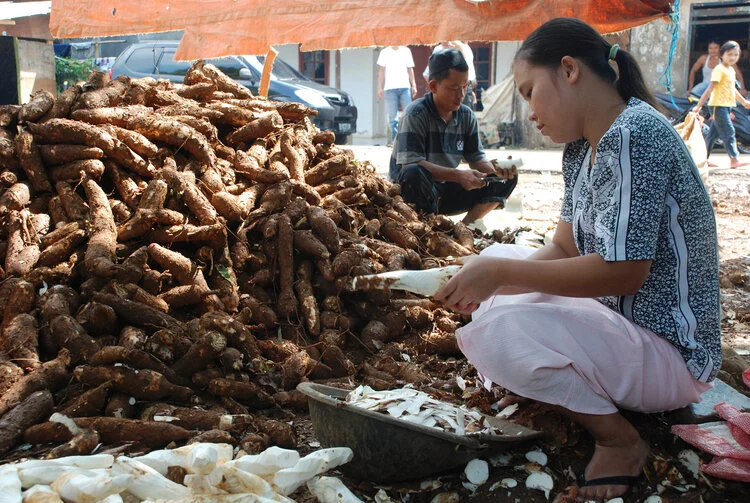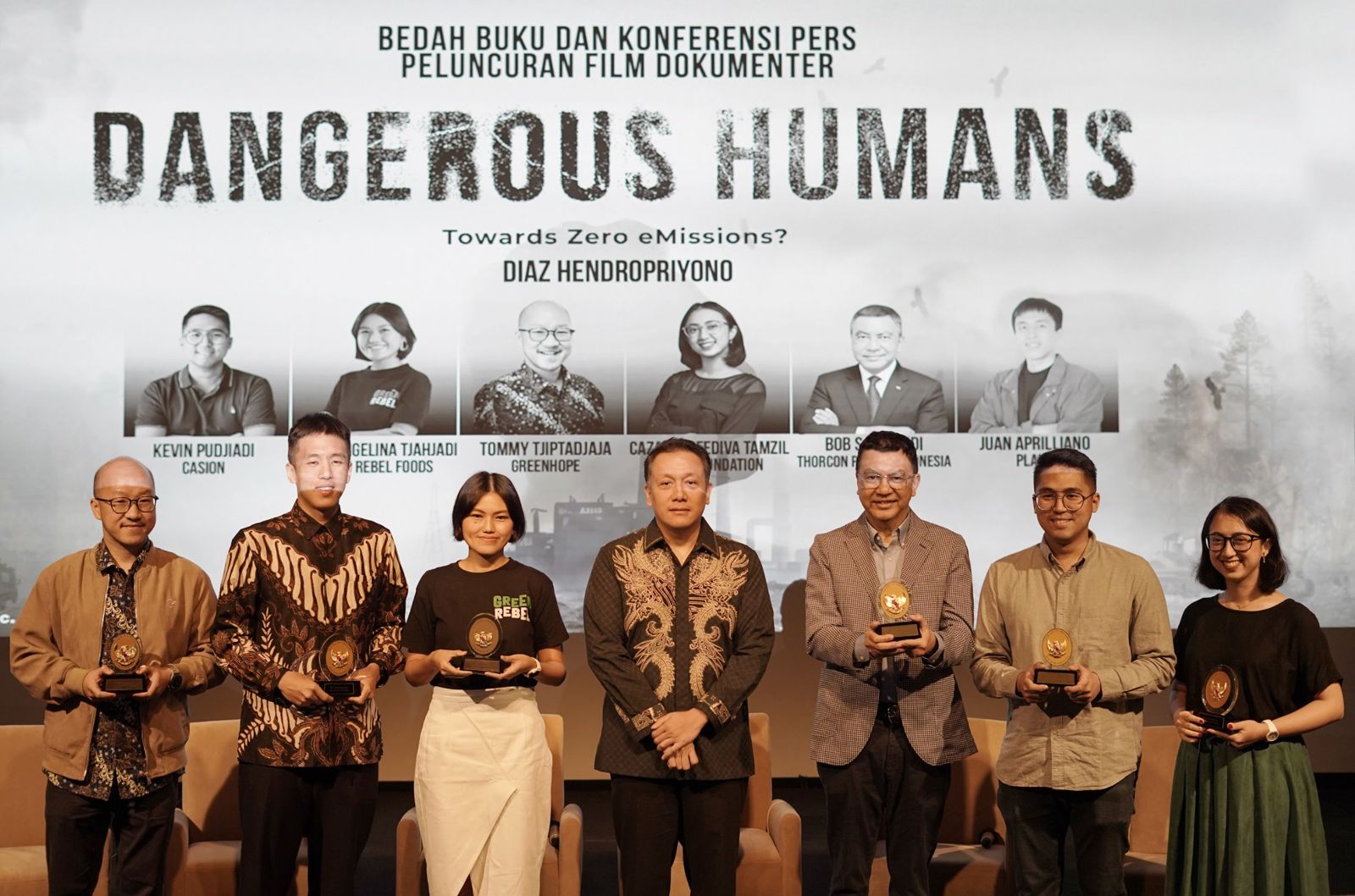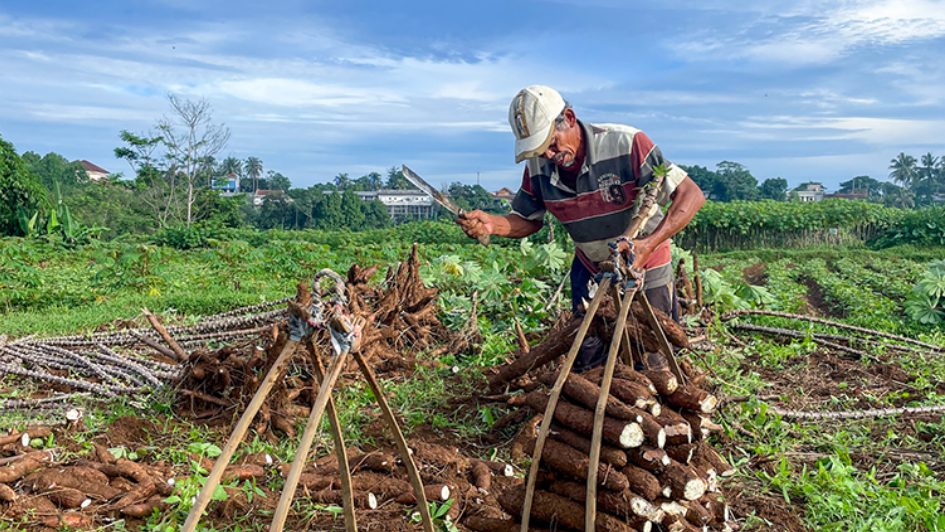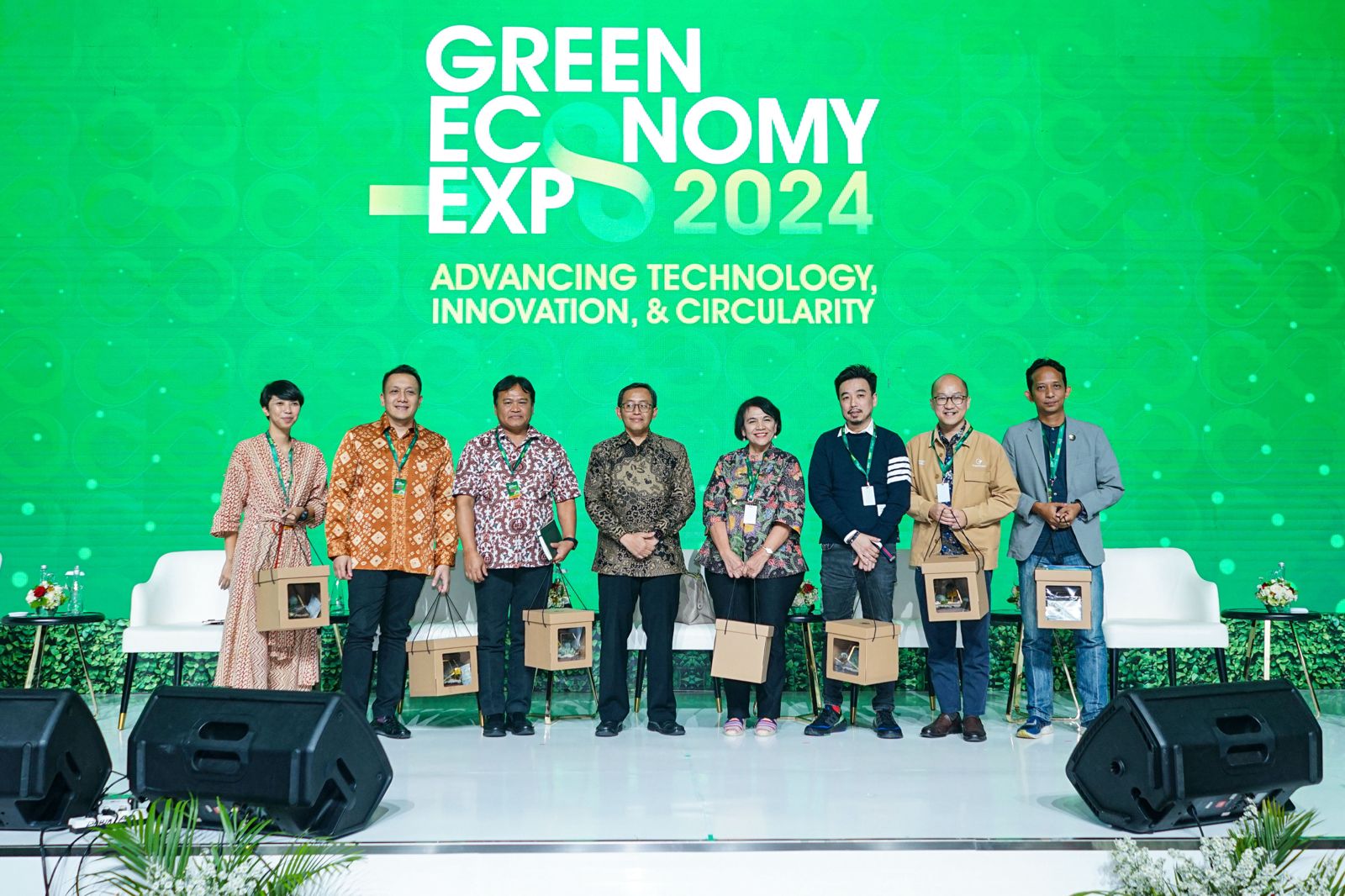Happy World Food Day! See What'S Greenhope Contribution To Celebrate It
Friday, 16 October 2020
World Food Day falls on every October 16th. Food is our fuel to get through the day, therefore we should educate ourselves about issues around food.
Food systems are dynamic! It encompasses social, economic, and biophysical interactions across multiple dimensions. Environmental and socioeconomic interactions are complex. One of the crucial topics to discuss around food systems is “food security”.
The question was almost always around of whether will be enough food to supply the world’s still rapidly increasing population and it is clear that the challenge of food security must embrace questions beyond simply the number of calories being produced. Food security is linked with people’s nutrition, and whether they can afford food. It is also linked with the impacts of environments, including land usage and climate change.
As far as current food security is concerned it is important to note that today farmers produce enough food for everyone on the planet to meet their needs, and yet about 800 million people remain undernourished.
So how might the world move toward a more secure food system? Many experts conclude that a large part of the answer lies in strategies to create food systems that are capable of withstanding shocks and then recovering from them. Steps in this direction include more diverse farming and the empowerment of small-holders who are better able to use their local resources, including soils and water management practices that are more resilient to climate change. The reduction of food waste will also help, for example through improving storage and distribution facilities. On top of this on-going programs to combat poverty will determine longer-term outcomes for food security.
One of Greenhope’s leading brand, Ecoplas, is a bio-based plastic made from cassava starch. The type of cassava plant used as raw materials is, however, not the edible one. Through well-thought resource choice of using cassava, which is also not the main carb source of the country, helps to protect food security of Indonesia. In addition, the cassava raw materials are obtained through farmers’ cooperatives at a premium price above the market price so that the use of Ecoplas directly improves the welfare of Indonesian cassava farmers.



